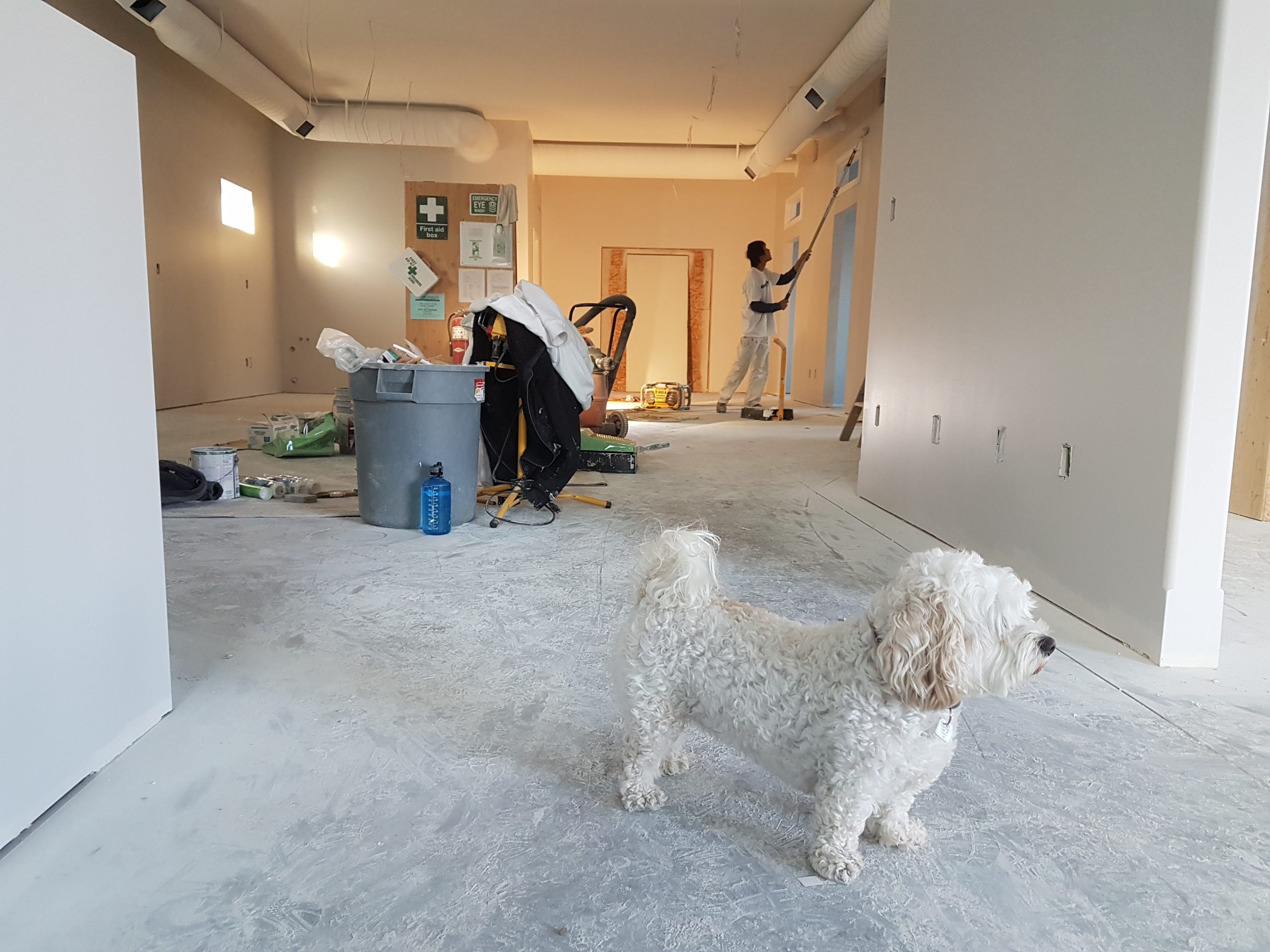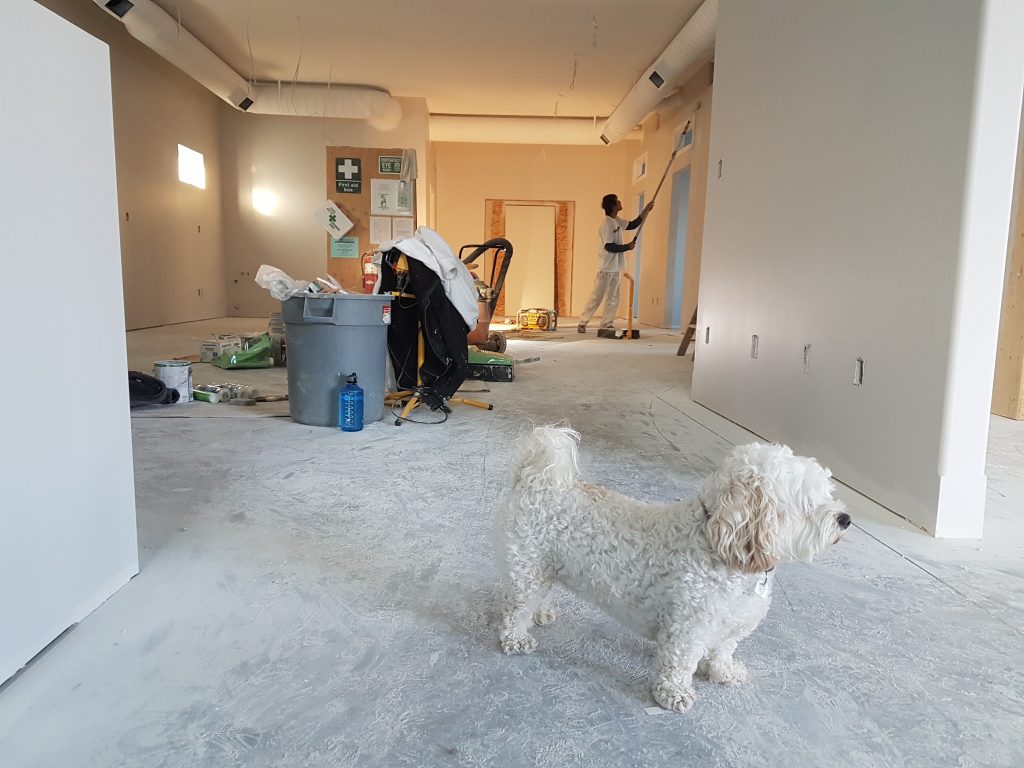
9 Ways To Do Construction On Your Home Without Breaking The Bank
Construction on your home is one of the most stressful processes. It can also be expensive if you don’t know how to do it yourself. Fortunately, there are ways to save money while completing the repairs and updates you need on your home. Doing construction on your own home can be difficult and dangerous if you do not know what you’re doing. To get the job done right and keep costs down, here are some tips on how to do construction on your own home without breaking the bank.

If you want to reduce the cost of renovations by doing them yourself, there are several things you should think about before getting started. The first thing to consider is whether or not you’ll have adequate space for all of your tools and materials after the renovation is over. If not, then that means that either a portion of your house will have to be cleared out before beginning or that some other storage solution will need to be found temporarily during the process.
Know what’s included in your budget
Before you get too deep into planning your renovations, you should have a pretty good idea of what’s in your budget. While you may be able to save money in the long run by doing some of the renovations yourself, you’ll also want to account for the expenses that come with the project.

That includes the cost of materials, permits, and contractor fees. Depending on the type of renovations you’re planning on doing, you may also want to consider the cost of tools, such as hammers, screwdrivers, and power drills. If you’re looking to do some heavier renovations, such as installing a new roof, you’ll also want to account for the cost of hiring a contractor.
Research your options
When it comes to doing a renovation on your home, another way to save money is by researching your renovation options before you start any work. If you’re planning on installing new siding on your house, for instance, you may want to look into different types of materials, their costs, and their installation methods. That way, if you find that one option is less expensive than others, you’ll know which one to go with.

You may also want to consider your options when it comes to hiring a contractor to assist with your renovations. You may find that hiring an electrician, plumber, or other service professional is more affordable than hiring a general contractor.
Keep track of your materials and costs
If you’re planning on doing the majority of your renovations yourself, you’ll want to keep track of your materials and costs as you go along. That way, if you ever come across an issue about money, such as whether or not you need to buy a permit, you’ll have the information you need at your fingertips.

Some examples of materials and costs you may want to keep track of include: Keep in mind that this is only a small sampling of the materials you may need during your renovation.
Hire professionals for the parts you don’t know how to do
If there are renovations that you just don’t have the skills or experience to complete on your own, then you may want to consider hiring a professional contractor or contractor to come in and do the work for you.

If you’re renovating your kitchen, for example, you may want to hire a contractor to install your new countertops, cabinets, and tile rather than attempting to do it yourself. Depending on the renovations you’re doing, hiring a contractor may cost a couple thousand dollars or more. However, it’s often more cost-effective than attempting to do all of the work yourself.
Find Materials
If you’re renovating your home and need to find materials for your project, there are a few options for where to look. Some of the more common places to look for materials include: Craigslist – Whether it’s a garage sale or an item being sold by someone, you can find just about anything on Craigslist.
If you’re looking for materials for your renovation, you can typically find them at a much lower cost than what you’d pay for new materials at a home improvement store.
Construction/Demolition Materials – Another option for finding materials for your renovation is to buy some of the materials that would typically be discarded by contractors who are working on other homes and on new construction sites.
Examples of materials that you can find in that category include: drywall, old cabinets, and lumber.
Second-hand stores – If you’re looking to save money, you can often find great materials for your home renovations at a second-hand store. The downside to this option is that the materials may be outdated and not as aesthetically pleasing as new materials.
Don’t forget the little things
During the renovations, you may forget the little things that add up to a big cost. When finishing your basement, for example, you may not think about the cost of finishing the walls.

However, if you don’t finish the walls, they’ll look unfinished and cheap. You may also forget the little things, such as electrical permits, that you need to get your renovations approved and inspected. As you’re planning your renovations, make sure to keep the little things in mind so they don’t come as a surprise later on.
Get the right tools for the job
When you’re thinking about renovating your home, it’s important to make sure you have the right tools for the job. If you’re installing new cabinets, for example, you’ll want to make sure you have a screwdriver that can handle the job. If you’re installing new siding, you’ll want to make sure you have a hammer that can drive the nails in. While you may be able to find some of the tools you need at a second-hand store, you may also want to consider making some of the bigger purchases, such as power tools, a priority.
Start small with DIY renovations
If you’re new to doing home renovations, you may want to start small with DIY renovations. Instead of taking on a full-scale renovation, such as installing new siding, you may want to try out some smaller projects, such as installing cabinet pulls, repairing a hole in your drywall, or replacing an electrical outlet or switch. Doing these types of simple renovations will allow you to get your feet wet with the process and learn what to expect when doing bigger renovations.

Conclusion
Although some renovations may require hiring a contractor to do the work, there are many smaller renovations that you can do yourself. By knowing what types of renovations you can do yourself, what materials you need, and what tools you need, you can save money by doing some of the renovations on your own.